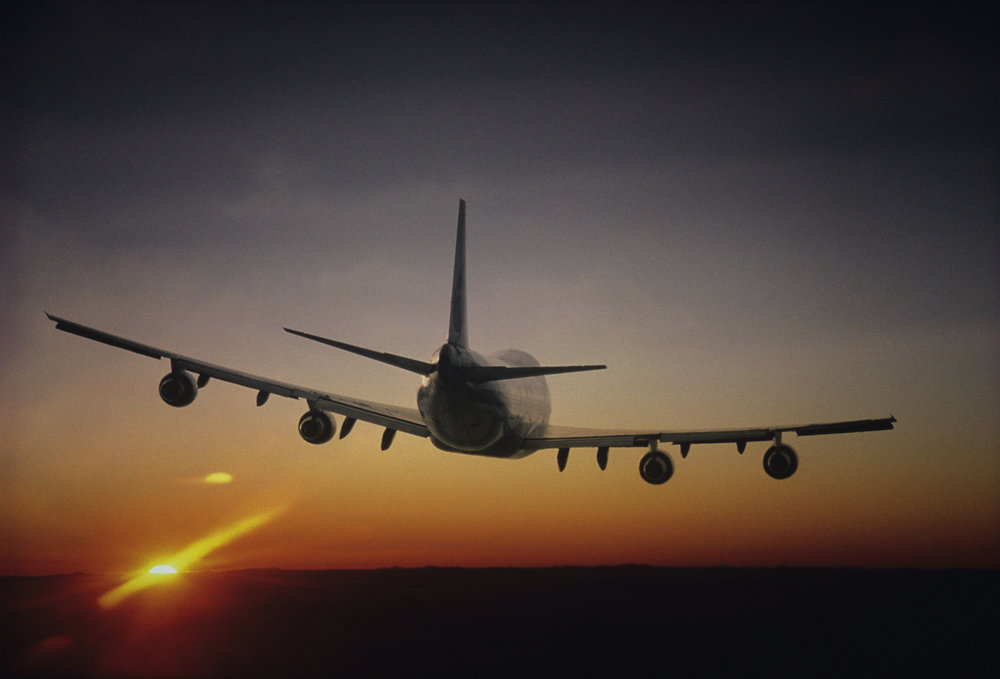Is travel a requirement of your job? Whether you are a corporate executive, FIFO worker or working for a global company, air travel is the norm for many. So, how do you stay well on a flight?
As a professional speaker and facilitator, I spend a lot of time on planes. Travelling interstate, across time zones and continents, is all part of a day’s work. At my destination there will be a conference, a business meeting or a workshop to facilitate, so showing up fresh, switched on and thinking clearly is a must.
What matters is factoring in sufficient rest and recovery time. It’s an easy decision to forgo the “red-eye” specials and there is a mass of information available around the need to stay hydrated by drinking enough water, move sufficiently to avoid DVT and tips to avoid jet lag.
If you’ve ever wondered why you get so dehydrated on a flight it’s because the humidity in the cabin is low, often well below 20%. Humans enjoy humidity levels at around 40-70%. So despite those rules insisting that you not be allowed to carry water onto international flights (I can’t tell you how many times I’ve had to gulp down 500 ml or more at the security gate and then slosh my way onto the aircraft) drinking enough water during the flight is important to avoid parrot mouth, that revolting dry throat that irritates and makes you more prone to infection.
Healthy Flight Initiatives
Walking through Changi airport in Singapore recently I noticed a couple of really good initiatives designed to help weary travellers, because let’s face it long-distance travel, even though we are sitting on our bottoms for much of the time, is exhausting.
The first was a “snooze lounge” a small area tucked away behind a couple of panels with lounge chairs that folks could lay out on and have a little nap. Far better than lying across several unforgiving hard seats or lying on some tacky airport carpet. Great, except it was positioned only a few metres away from four or five cafes selling drinks and food. The noise of the coffee machines and chattering people hardly conducive to the quiet needed for the snoozers to doze off.
The second was “Be Relax”, an open plan massage lounge, a bit like those nail parlours where you can see everyone having their nails polished and buffed. Here a row of massage chairs faced the thoroughfare and the owners were enjoying a brisk passing trade. After all who doesn’t enjoy a quick head and shoulders massage to relax and feel good?
However, I was gobsmacked to see one passenger having a massage and texting on her phone at the same time.
Aha! So that’s why they have that little triangular space to poke your face through. It’s not about being able to breathe, it’s so you can Instagram, tweet, Snapchat and Facebook your time away while relaxing…
Good grief.
Taking sufficient time out to rest, relax and recover is especially important while travelling for better brain health and function. It helps sleep patterns, diminishes stress levels and keeps our mind fresh.
Beyond hydration, sleep and moving enough, two other factors can help brains and minds on long distance flights.
Choose to digitally detox
While the temptation may be to gorge on your complete favourite TV series, watch back-to-back movies or work on tweaking your presentation that little bit more on your laptop, taking time out to disengage from the screen helps your mind to relax. Unwind with a book (does it have to be work-related?) boosts creativity and imagination. Depending on the length of flight, a good compromise if you feel you must work is to choose how long you will engage in work-related activities and then grant yourself permission to stop.
Find a quiet space
Noise stresses the brain and ambient noise is the worst. While finding quiet might appear impossible on an aircraft you can down-regulate how much noise you are exposed to and reduce brain stress. Investing in a good pair of noise-cancelling earphones can make a real difference in reducing aircraft noise (and the sound of crying babies). Of course, they also enhance the clarity of sound while watching a movie or listening to music, which reduces stress levels too.


